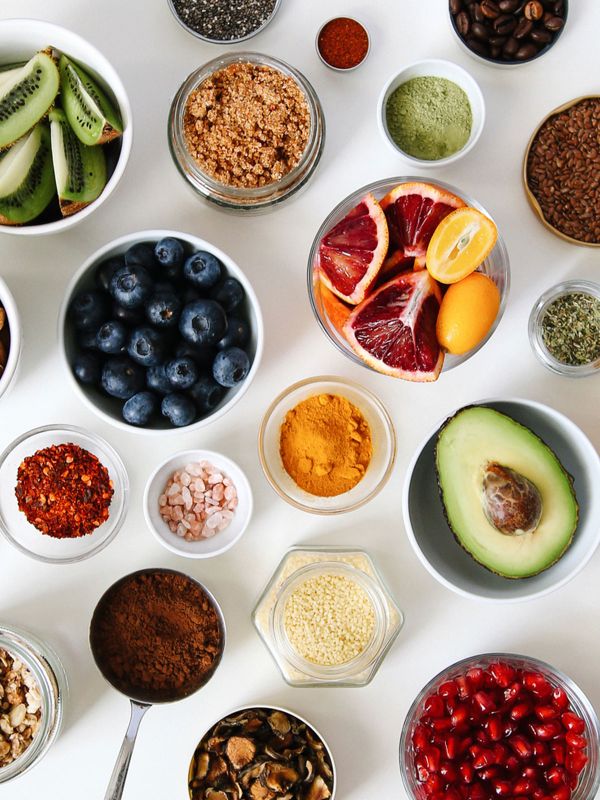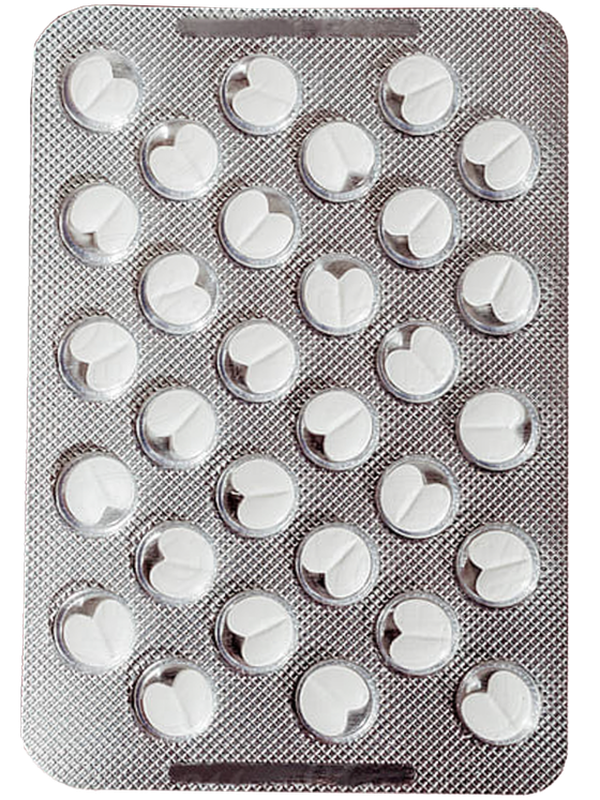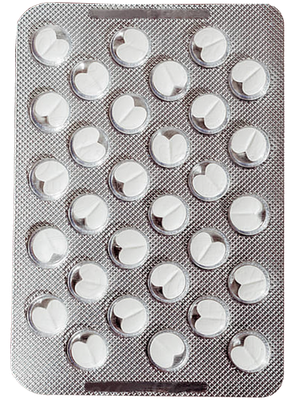
Everything You Need To Know About Peanut Allergies
It may come as a surprise to some, but peanut allergies are actually a relatively new issue. Before the 80s, mentions of such ailments were scarce in medical literature and the media, but began to increase rapidly in the 90s, for reasons unknown. And figures continue to rise to this day – according to the NHS, in 2001 there were 24 cases of peanut allergies in 100,000 people, and by 2005 that number had more than doubled to 51 cases in 100,000 people. The condition was more common in those of higher socioeconomic status and in boys under the age of 18. In the UK, it now affects more than 100,000 children.
When it comes to knowing what causes these allergies, experts are as much in the dark as we are. Some suggest that it could be down to introducing but into a child’s diet too late in life, but that wouldn’t explain why some people who have eaten peanuts their whole life can suddenly develop an allergy to them in adolescence or adulthood. Dr Julie Kuriakose, an instructor of clinical medicine at Columbia University, told Mic that a possible explanation for the rise in allergies is the ‘hygiene hypothesis’ theory – the idea that, in the past, children were often exposed to more bacteria and viruses, which built up their immune systems. But today, advances in hygiene management means our immune systems don’t have to work as hard and are therefore weakened, so our bodies tend to reject smaller things like peanuts – which could go to explain why nut allergies aren’t as much of a problem in developing and third-world countries. Other studies suggest that it could stem from things like a vitamin D deficiency or pollution.
Like all allergies, an adverse reaction to peanuts is the result of an issue with the immune system. Unlike most allergies, however, they do have the potential to be deadly. In 2015-2016, 4,481 people in England were admitted to A&E after the went into anaphylactic shock, a number that climbs year on year.
Many cases of death by allergic reaction have been highly publicised in the media this year. In November, two owners of a takeaway restaurant in Lancashire were jailed for the death of 15-year-old Megan Lee, who died after suffering an asthma attack brought on from eating their food, which was highly contaminated with peanut protein. Earlier this year, the case of Natasha Ednan-Laperouse, who died on a flight after eating a Pret sandwich containing sesame seeds at the airport, came to trial.
These days, the standard procedure for treating a severe peanut allergy is to administer a shot of epinephrine to the thigh using an EpiPen. But that won’t necessarily save your life – as with the case of Natasha. Despite having an EpiPen, many with the allergy find it extremely debilitating – 22-year-old Oli Weatherall told BBC Radio 1 that he doesn’t ever go out to eat or even go on holiday because navigating his severe peanut allergy in such situations is just too risky. “I don't need the extra stress. It would be nice to not have to worry about stuff like that but it's a reality,” he said. “A lot of your life has to be planned around being able to eat safely. It just removes spontaneity a bit. If I did have a reaction [o a plane], quite a lot of people would think, 'oh you've got your EpiPen, just have one of those and you'll be fine,' but that's not the case."
But a successful treatment could be on the horizon. A study carried out at the UK’s Evelina children’s hospital in London showed that gradually increasing a tiny dose of peanut protein over a six-month period enabled two-thirds of the children who took part in the experiment to eventually eat two peanuts without any negative effect.
The treatment is delivered in a capsule, which you break open and sprinkle over food. The majority of children involved in the experiment started the trial reacting to anything more than 10mg of peanut protein (a peanut contains around 160mg). But by the end of the trial, the median amount the children were able to tolerate was around 1000mg – around four peanuts.
Allergist Dr Stephen Tillis, who co-authored the study, said that this particular research differs from other due to the “rigour with which the whole was undertaken”: “It is a pharmaceutical-grade treatment product. It is not just peanut flour that you can buy somewhere. [It is] a grade that the FDA [Food and Drug Administration] here would be satisfied with”.
Scientists believe that in order to remain safe from a reaction, children will have to take the peanut protein for the rest of their lives. And the best bit? Although the new treatment is a highly lucrative one, Tillis said it will not cost the earth: “It won’t be tens of thousands of dollars, but priced like an innovative new medication.”
This treatment would allow people like Oli to live a freer life without the constant fear of a reaction. Sophie Pratt enrolled her six-year-old daughter Emily, who has had an allergy to peanuts since she was one, into the study and said it had completely changed their lives. “Before Emily took part, we were uncomfortable being more than twenty minutes away from a hospital and she wasn't able to attend play dates or parties without me or my husband being there,” she told The Telelgraph. "We had to constantly study food labels to ensure peanuts were completely eliminated from Emily's diet. Her allergy was very severe so even a small amount of peanut could lead to a very serious reaction. The impact on our family life was huge." By the end of the trial, Emily was able to tolerate around seven peanuts.
DISCLAIMER: We endeavour to always credit the correct original source of every image we use. If you think a credit may be incorrect, please contact us at info@sheerluxe.com.























